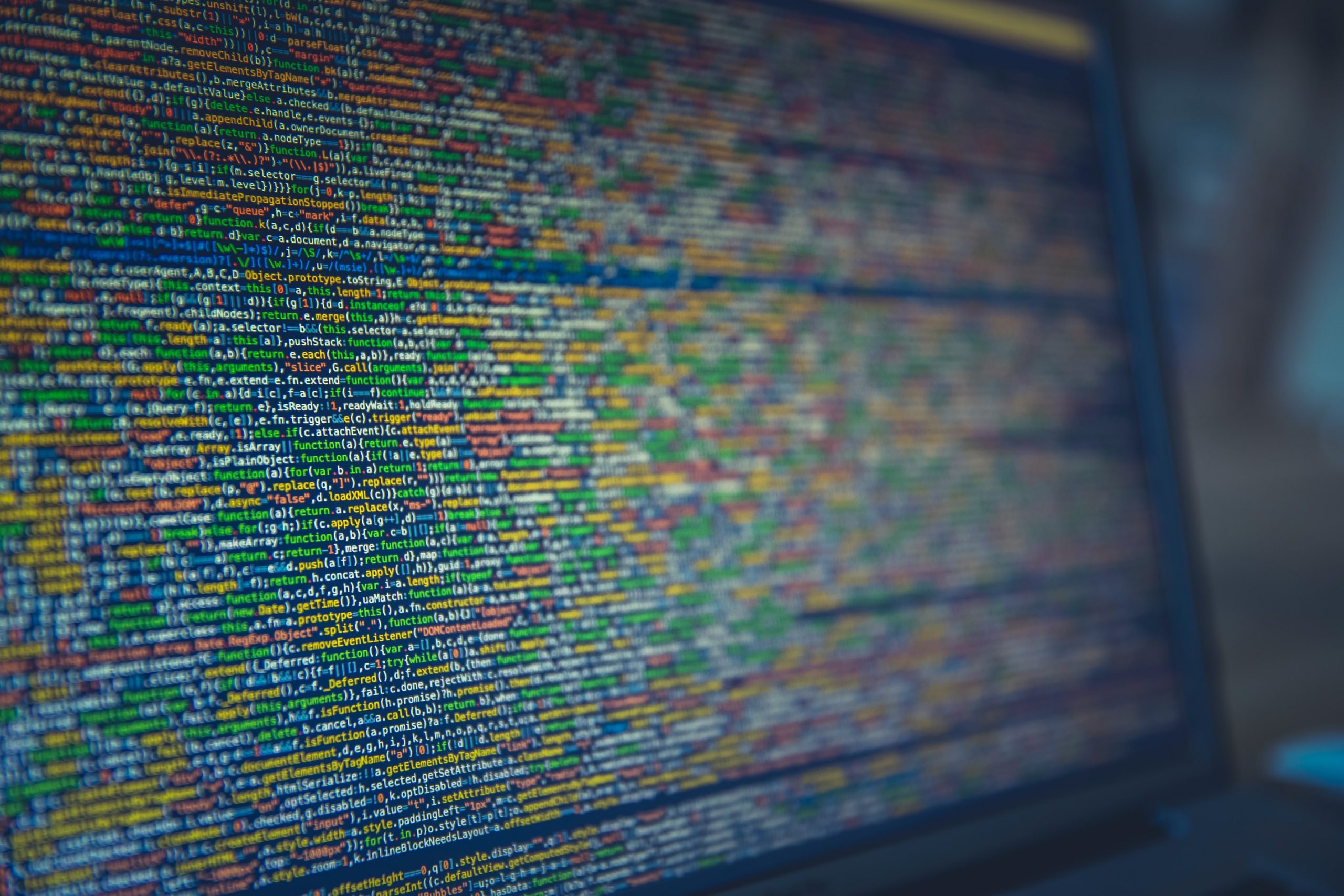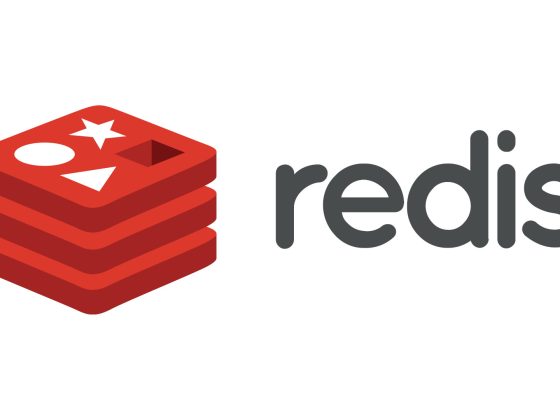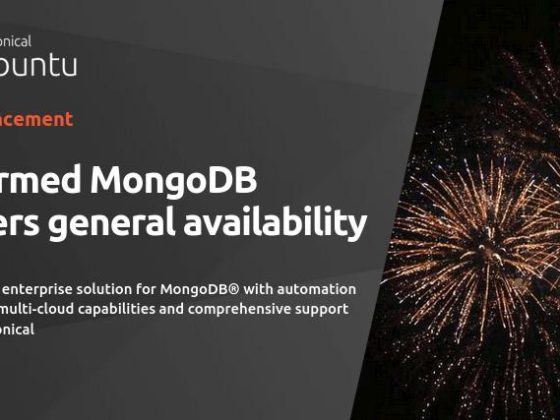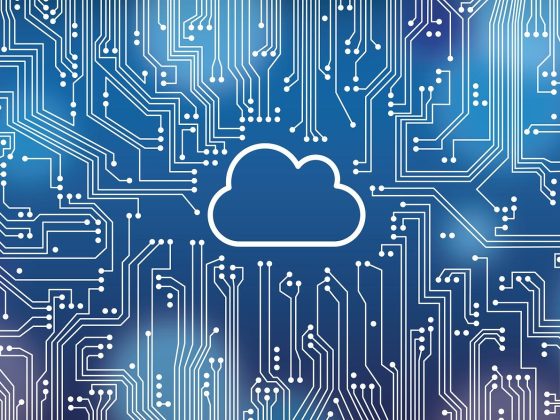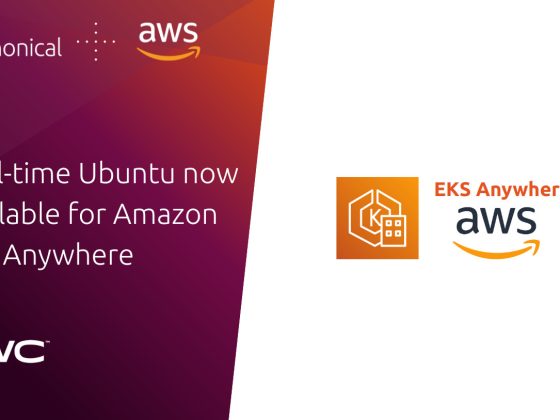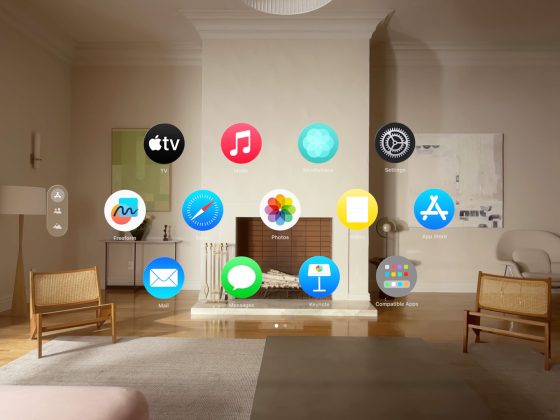The Basics of Understandability
What is understandability? In dev terms, it means that the dev who creates the software is able to effortlessly receive the data from their software that allows them to easily comprehend what is happening in it. In essence, the more that a system is understandable, the easier it becomes for the developers who created it to then change it in a way that is safe and predictable.
The Building Blocks
In order to achieve understandability, we highly recommend that you understand what is at its core. There are four key characteristics that need to be present in order to obtain understandability into your software.
From our partners:
These are:
- Complete. Present the system by the use of a predefined set of sources (like documentation and source code) in order to cover all the fundamental information. Leave nothing to the dev’s own imagination, especially such important items.
- Clear (also known as having a simpler presentation methodology).Having aspects of your software like syntax, code comments, and source-code formatting, among others, can make a significant difference in how easy it is for the reader to scan and understand the code that they are reading.
- Concise. No dev ever wants to feel like they’re being buried under an extreme amount of detail. By using principles such as abstraction and separation of concerns, let other devs focus on their tasks at hand.
- Organized. The dev who’s working on the system should be able to easily locate cross-referenced information within the system. There’s many ways to enable this, such as with software documentation, source-code navigation controls, and source code management tools.
The Magic Keys
Ultimately, gaining high-quality data access is what lies at the core of obtaining understandability. This is because- drumroll, please- data is what will give you the information you need to understand your software. But what will get you access to that high quality data? Three key factors: simplicity, security, and speed. Without one of these factors, achieving understandability won’t be possible.
Simplicity
Obtaining data today is an extremely long and complicated process. Have you tried remote debugging lately? We know you know the process all too well- writing code, getting it approved, redeploying, and so on- and how much time and effort is spent on it. The complexity of this process and the amount of time spent on it can create company-level and technological friction. The more you keep it simple, the less friction you’ll feel.
Security
When understanding your software, making sure that it’s secure is of absolute importance. Standards and general regulations (while often quite annoying to adhere to) need to be complied with so that you can create comprehensible software.
Speed
Ever heard of the ‘fly slow or fly blind’ phenomenon? As the DEJ reports, 68% of organizations experience it, facing a tradeoff between working without the data they need or delaying those releases to get the data. In short, it’s the dilemma developer’s face when they need to choose between needing data to write code or having to write code to get that data.
With little to no access to data, developers often have to choose between working slowly without data, or enduring endless deployment cycles in an attempt to get the data they need. Speedy access to data eradicates that and ensures that they understand their software, leaving them much time to drink that java and write new features.
The Importance of Writing Understandable Code
Understandability, while always necessary, is made even more necessary in a few specific instances. Such instances are, for example, when debugging or dealing with collaboration and handoffs.
Debugging can be frustrating and long in the best of times (and that’s counting the times when the debugging gods are smiling down upon you). In our experience, the only way to truly make debugging a breeze is by having understandability into your code. Without knowing where the bug originated, why, the root cause, and what affects it- well, you really can’t fix it.
There’s nothing worse than having that pesky bug at the back of your mind while you’re writing new code. By understanding your code, you’ll be able to debug like it’s as easy and pleasurable as lying on a beach in the Bahamas or winning at Call of Duty.
Ever written code, walked away, then came back and looked at your code and was a bit confused as to what was happening there? No? It’s just us? Well, in any event, understanding code you wrote yourself is difficult enough, and throwing code someone else wrote into the mix often becomes downright impossible.
By gaining understandability, collaborating on code or handing off code becomes a non-issue. You are able to get the exact data you need to comprehend what’s going on, without the pain of getting there and twisting your brain into circles.

The End Goal
Similar to Spider-Man, being safe, fast, and efficient is key, apart from the obvious difference in attire and actual abilities to scale a skyscraper. No matter what you’re working on, understanding your creations is of the essence. And the best way to get there is with Rookout.
Rookout helps you achieve understandability by enabling developers to retrieve the data they need about their software or application’s behavior, from live code, in just one click. The best part: it doesn’t break anything. With the use of Non-Breaking Breakpoints, enable your devs to obtain deeper knowledge into their code, helping them to advance their software and efficiency.
Devs can get all the data they need in order to achieve full understanding- all without the stress that data extraction puts on the dev team. By gaining this level of understandability, empower your devs, optimize their velocity, and sit back and relax with the peace of mind that- while you didn’t save the world from evil today- you do understand your software.
Guest post originally published on the Rookout Blog by Maor Rudick.
For enquiries, product placements, sponsorships, and collaborations, connect with us at [email protected]. We'd love to hear from you!
Our humans need coffee too! Your support is highly appreciated, thank you!
